Finding Dignity in Aberdeen
This past week, we read this passage in our Bible study in Aberdeen, a small post-industrial town on the coast of Washington state. We use a Base Christian Community model of Bible study—we read the passage and open up the conversation to the question: what does this passage have to do with us, here and now?
Most of the members of our Bible study are living with homelessness and poverty and we had a lively conversation. “I think it is even harder for us now,” one man commented. “The masses are not respected anymore. Especially if you are homeless. No one respects you.”
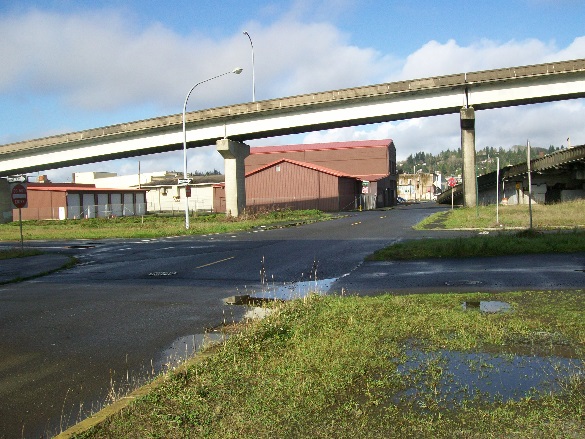
Aberdeen could be any one of thousands of post-industrial towns, suburbs, and small cities around the country. Our poverty rates are soaring: 25% of the population lives below the poverty line and 50% of the population access social services to try and survive. People camp along our river banks throughout Grays Harbor County and almost 900 children are reported homeless.
In the middle of an abundant land, people go hungry. In what was once a thriving timber port that supplied the wood for several national housing booms, people live in tents or abysmal housing complexes at the center of town without electricity or running water. There is a deep sense of depression in Aberdeen—1 in 5 high schoolers experience severe depression and most visitors remark at how despondent the town feels.
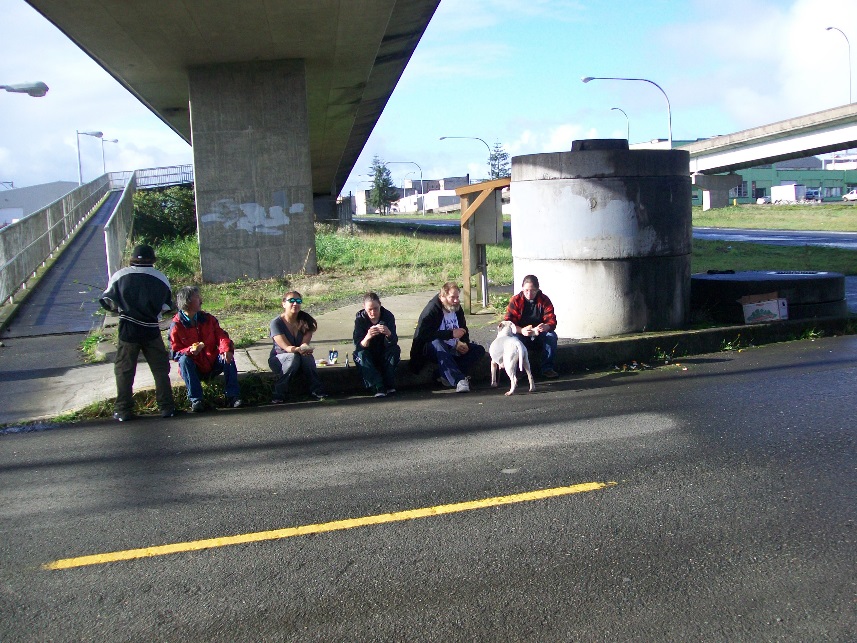
In the middle of this rural economic crisis, Chaplains on the Harbor seeks to bring hope and above all to affirm the dignity of people struggling with poverty. I often preach locally and remind people that God came to us in Jesus in a poor two bit town with a bad reputation. That God chooses what is foolish and weak in the world to change the world.
So, around our Bible study table every week, during our meal time that follows, or doing street outreach on the streets and in camps, we celebrate the dignity of people who have lost almost everything. We pray and we laugh together. We discuss why poverty is increasing so rapidly. We tell our stories.
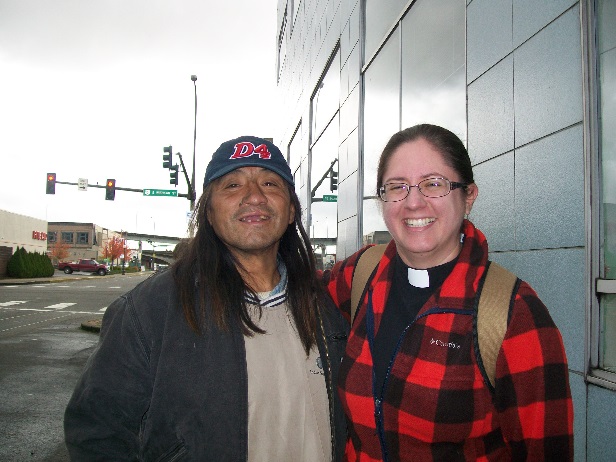
People camping by the river tell of bitter cold and of trying to form community in the face of a constant threat of eviction. Veterans share how they feel like all doors have been slammed in their face, as they struggle with health crises or basic services. We talk about how our prison system functions as a debtor’s prison for those of us who can’t pay the numerous fees and fines accrued simply trying to survive. Former workers talk about low wages and how they feel like they are living in what used to be called “the third world.” Young families worry that they will not have safe places to raise their kids. Former loggers tell of job injuries that left them unable to work and young people speak of the near constant despair of trying to navigate social services or find low wage work. Native peoples tell of the intense poverty of the reservation and recent Spanish speaking immigrants tell of the racism they experience both in town and trying to access health care.
We laugh too, because we know that humor is a survival skill. We tell of building rafts of driftwood and trying to chase down coons. We argue over what meat tastes best, if you can catch it. We tell of rescued kittens and small miracles, of practical jokes and near death experiences. For a depressed town, we are pretty funny.
Aberdeen is a town of artists and musicians. Truck drivers who sing in bands, amazing guitarists, former loggers turned painters, storytellers. Gardeners and hunters, woodworkers and dressmakers. The place is overflowing with talent.
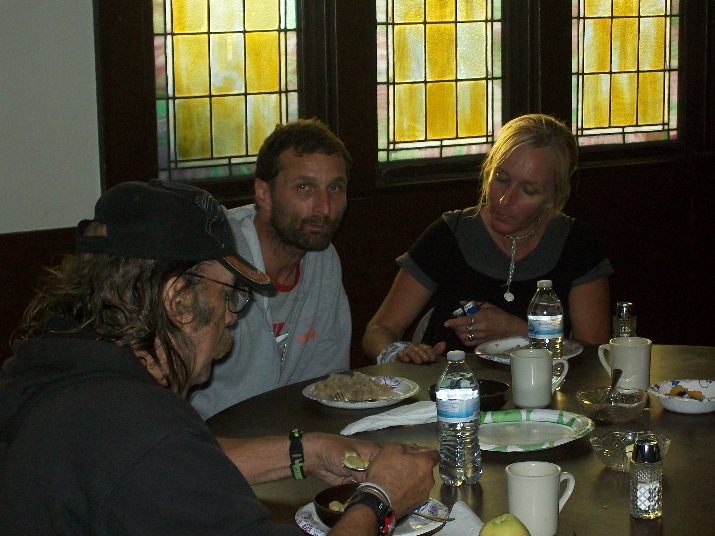
And so we dream. When we study the Bible together, when we celebrate Eucharist together, we dream of a world where all are fed and none go hungry, a world where all are respected and given the dignity they deserve, a world where the gifts of every person are honored and respected. We dream of ending poverty in this county. We dream of a transformed city and a transformed county, where everyone has enough to live with dignity.
We want a movie night for our young people. We want to turn an abandoned warehouse into a community and art center. We want to turn an abandoned church into a center for organizing and community development. We want to organize for good, safe housing.
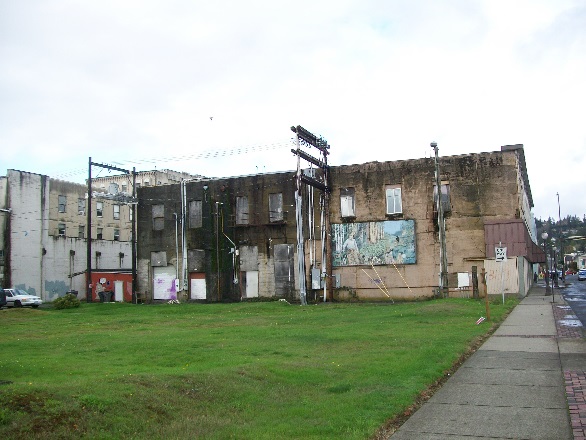
We are one town in thousands across this country that is experiencing hunger in a land of plenty, poverty in midst of great wealth. We are one town in thousands across this country that is dreaming of a better life, demanding life, fighting for life.
We, in this poor two bit town in the middle of nowhere, we are claiming our dignity and our worth. We are daring to believe a better world is possible. We are daring to believe that God has called us for such a time as this, to use the weak and forgotten of this world to bring freedom and dignity and hope.
The Rev Sarah Monroe is priest and missioner at Chaplains on the Harbor, a ministry called to walk alongside the poor in Grays Harbor County and to build a movement to end poverty in the county. She is based in both Westport and Aberdeen, WA. She is supported by The Episcopal Church’s Justice and Advocacy grant, the Diocese of Olympia, and the Episcopal Network Collaborative. A native of “the harbor,” she has a deep love for the land and people of the Washington coast. She blogs at thewanderingminister.blogspot.com and her website is under construction at www.chaplainsontheharbor.com.
Contact:
The Office of Government Relations
eppn@episcopalchurch.org

